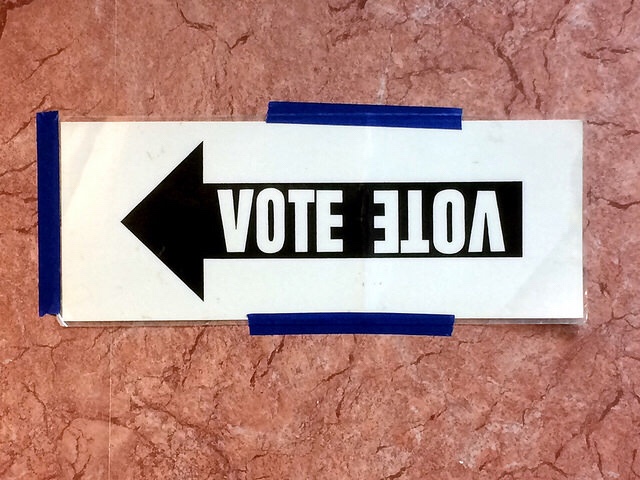Written by Arash Azizzada.
Do you want the good news or the bad news first?
Okay, good news first: if you are a felon on parole in the state of New York, you should soon be able to vote again. Your voter rights will be be reinstated, per executive order of Andrew Cuomo, governor of the Empire State.
Today I’m issuing an executive order giving parolees the right to vote.
It is unconscionable to deny voting rights to New Yorkers who have re-entered society.
— Andrew Cuomo (@NYGovCuomo) April 18, 2018
The bad news: you can’t vote in the upcoming Democratic primary between the incumbent Cuomo and Cynthia Nixon because the cut off date to register as a Democrat—a requirement to vote in the primary—was October 13, 2017.
That’s right. To vote you would’ve had to register 157 days before Nixon announced her surprise candidacy and 325 before primary election day on September 3, 2018. Maybe New York is known as a liberal bastion in flyover America, but it has a long ways to go on the voting rights front—and even voter turnout (New York is consistently at the bottom).
This problem isn’t unique to the state of New York, which became only the 18th state to allow parolees to vote. Americans have long prided themselves for being a beacon of democracy, even though history has been filled with exceptions on who actually can vote. The disenfranchisement of felons, for example, largely targets African American males. This is dangerous because voters have the power to elect who their judges, prosecutors and other elected officials are. What’s to stop them from further skewing the law to target African Americans and other people of color? Especially when the most powerful person in the country makes weekly unfactual mentions of “voter fraud” happening in states with large populations of blacks, Latinos and immigrants.
There have been small steps of progress. In New Jersey, a visit to your local Department of Motor Vehicles will result in automatic voter registration, making it only the 13th state in the country to do so, per Mother Jones. According to the Center for American Progress, this means a potential of 600,000 new registered voters by the time the 2018 midterm elections begin. In Virginia, former Democratic governor Terry McAuliffe spent the last few years restoring the voting rights of almost 200,000 ex-felons.
There’s a long way to go in many places where voter disenfranchisement of people of color exists. But we can all agree that it’s healthier for democracy when a politician has to work for their votes on Election Day.


Add Comment